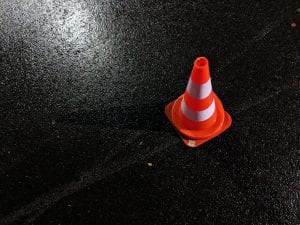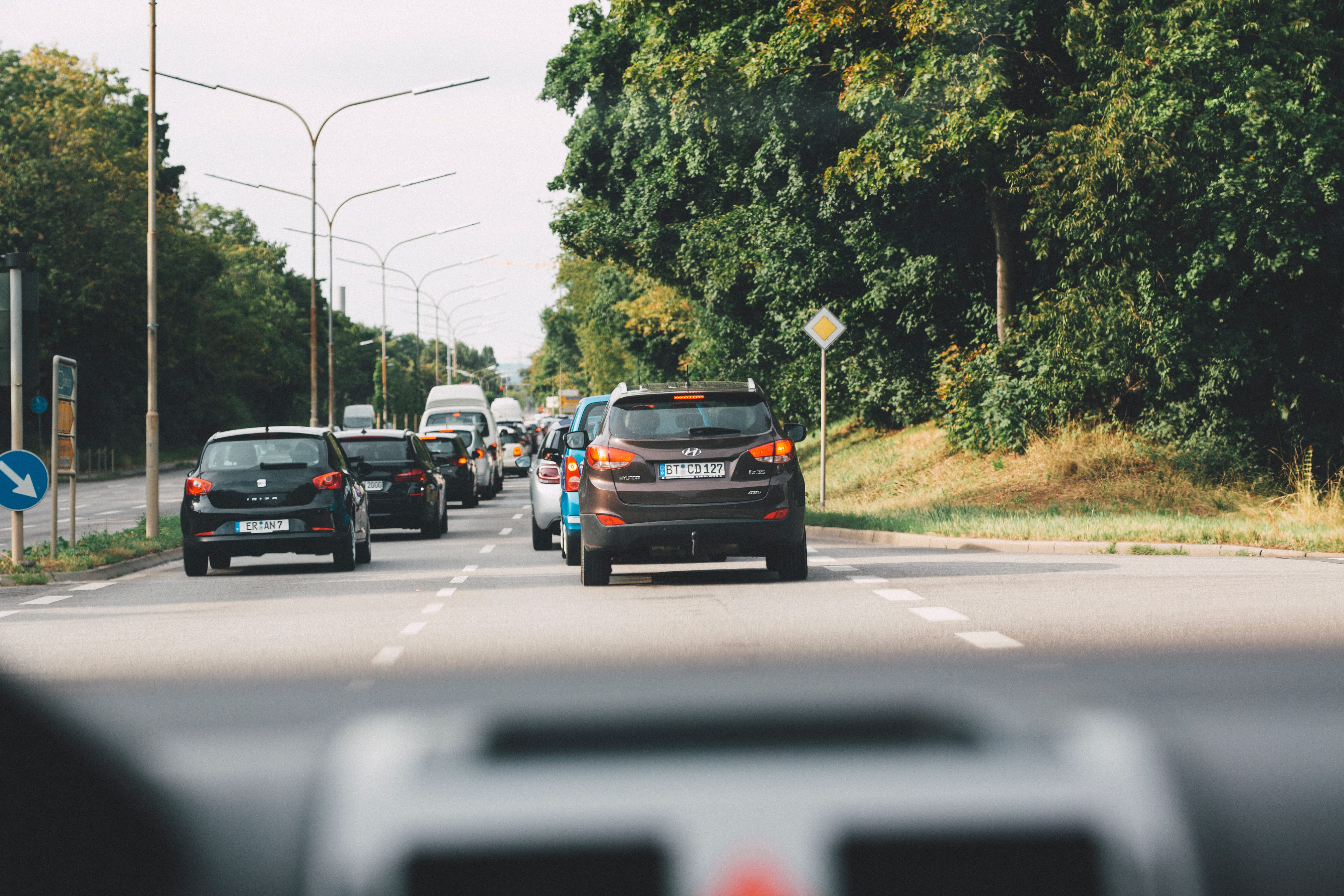While there are times when less is more, dealing with the aftermath of a car crash is not one of them. Review these five things you need to do after an accident to ensure you and your loved ones are protected.
An auto accident can do more than make you late to your intended destination. It can also drain your bank account, cause you to go through lengthy medical treatment, and it may even cause you to lose your job. One of the missteps people make directly after an accident is believing they know what steps they should take when faced with this unexpected and challenging event. While there are times when less is more, dealing with the aftermath of a car crash is not one of them. Review these five things you need to do after an accident to ensure you and your loved ones are protected.
1. Call the Police
The crash itself is a traumatic event and may warrant a few moments of stillness afterward. During this time, you may have many thoughts and feelings. If you have passengers in the car, your first instinct may be to make sure they are secure and safe. After the initial shock wears off, you need to move into action. Calling the police is the first thing anyone should do following a crash. Before you attempt to exit the vehicle, have the 911 operator on the line. This way, you can give them a description of the cars, your condition, and that of your passengers, and also, you can let them know about the other vehicle and occupants.
A police report is integral to the insurance claim process following an accident, and your personal injury attorney may want a copy. Depending on the state where you live, it can help assess blame and liability on one driver or the other, meaning the insurance payout may increase for the non-liable driver. Some municipalities don’t respond to accidents that are not considered significant or haven’t resulted in injuries. If this is the case, you can go to the police station after the crash and give a statement.
2. Swap Personal Information with Drivers
Getting through the accident and claims process relies on accurate information for all vehicles involved. After you ensure that everyone is free of injuries or at least major ones, you should start gathering the personal information from the other driver(s). This personal information includes:
- Make and model of the vehicle
- VIN
- Copy of driver’s license
- Copy of insurance card
You may come up against a reluctant driver who does wish to exchange information willingly. If this occurs, wait until the police get to the scene to facilitate the exchange. If the police have indicated they are not coming, call them back and report this refusal by the other driver. In some cases, this will prompt a visit to the scene by the police.
3. Seek Witnesses and Obtain Their Best Contact Information
Take a look around the scene and find anyone who has stopped to offer assistance or is mulling about. Question these individuals as to what they saw or when they arrived. Witnesses may become critical components of any car accident case, and as such, getting their personal information and contact numbers is vital. This can then be passed to the police and the insurance company for use in investigating the crash.
4. Take Photos and Videos of the Scene

Documenting the damage to vehicles and personal property around the crash site is another critical piece of dealing with an accident. Take photos and videos of the cars involved, the roadway, any personal property (like street signs) that were impacted, and the overall area of where the collision occurred. These scene photos may provide some clues as to how the accident occurred and who is responsible.
5. Visit the Doctor
Finally, after everything has calmed down, you should visit either your physician or go to a hospital. Even if you don’t feel like you suffered injuries, you may very well have. Adrenaline may mask some of the symptoms of things like traumatic brain injury or strained/sprained muscles. Getting a checkup in the aftermath of an accident may prove beneficial to your health and your claim.
Knowing what to do after a car accident can cut down on the stress involved. Take these hints and keep them close at hand should you need them.


Join the conversation!